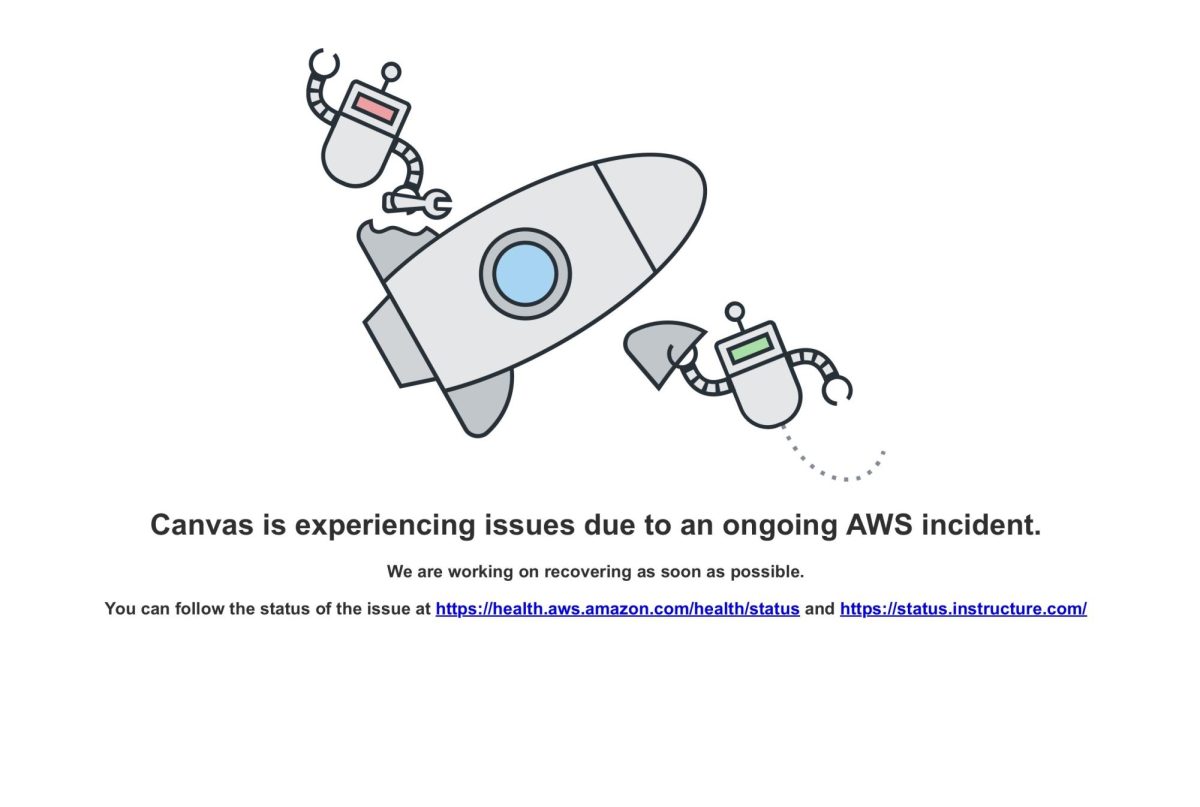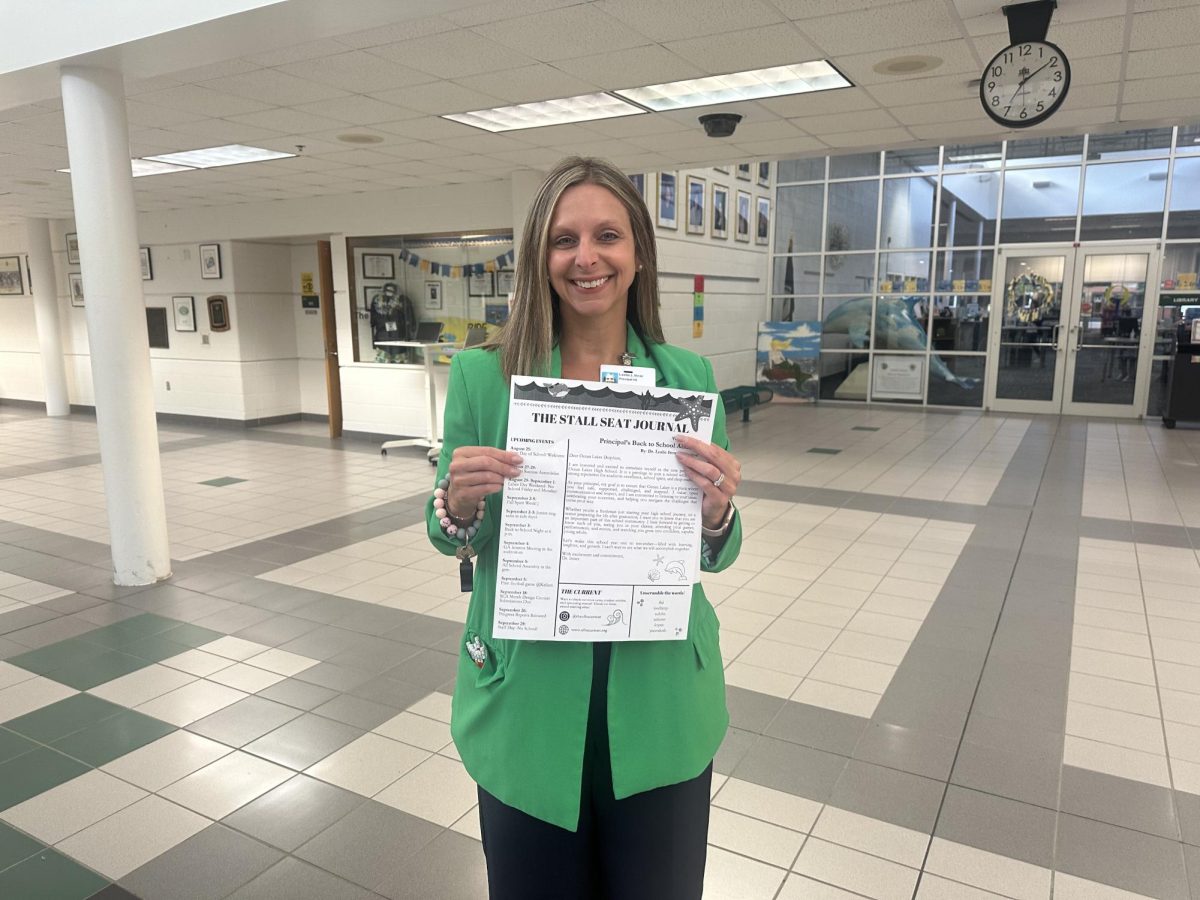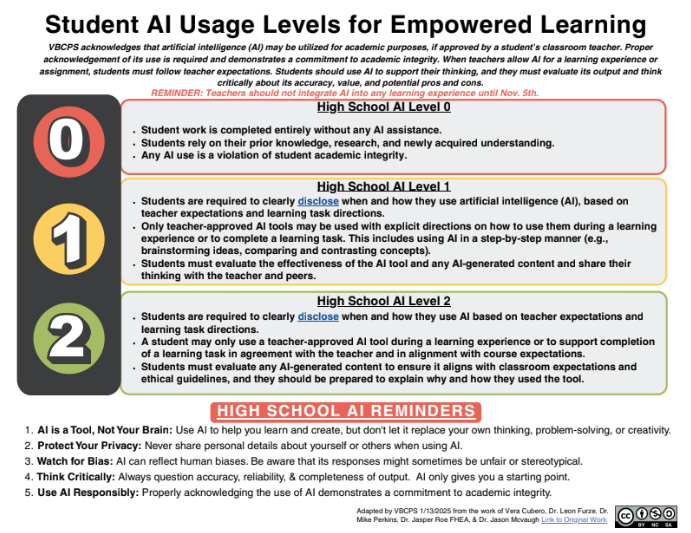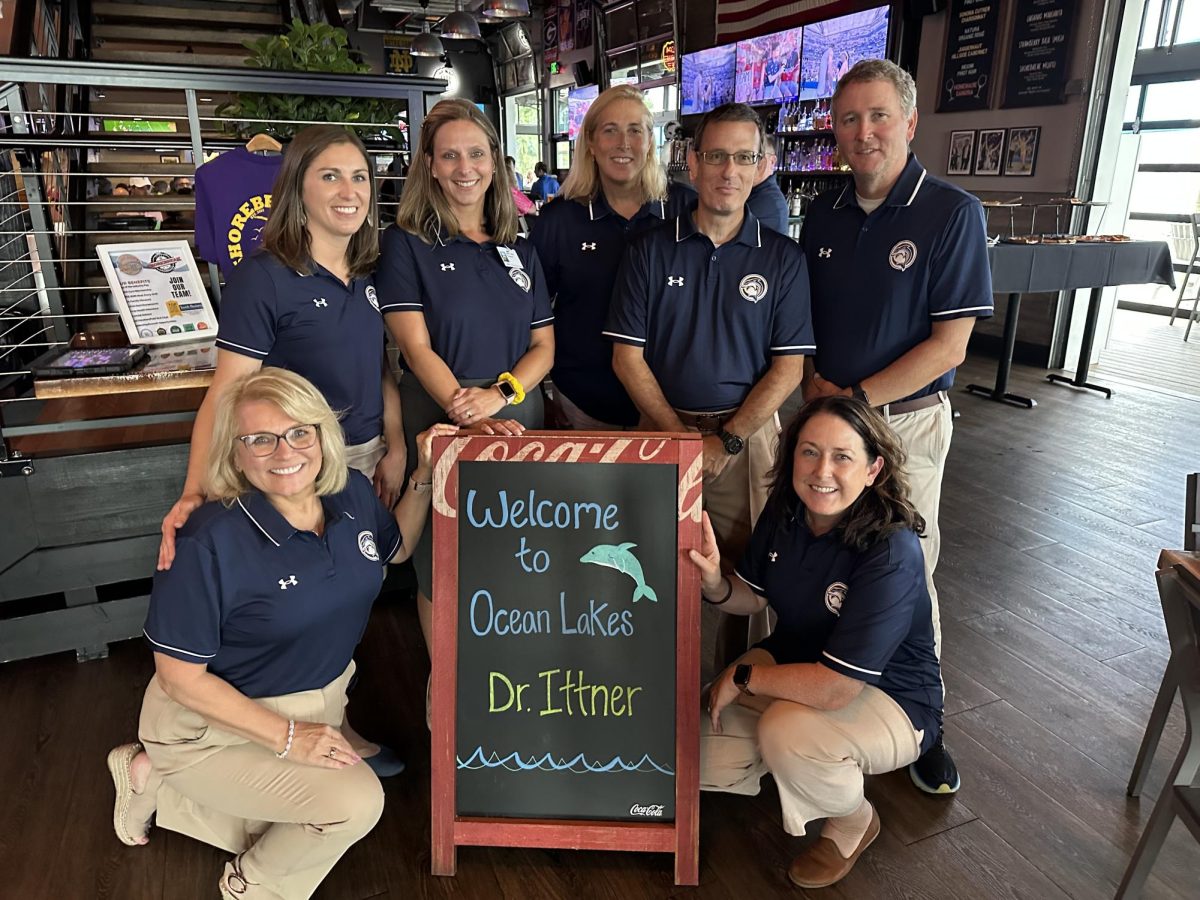In the early hours of Oct. 20, thousands of websites hosted on Amazon Web Services (AWS) began to crash due to a system issue that has mostly been resolved; however, some sites in northern Virginia might still experience intermittent issues.
“We are working to fully restore service as quickly as possible,” the company said in a post.
With the first report coming at 3:11 a.m. from a data center in northern Virginia (the center of AWS’ US-EAST-1 region), AWS posted another statement at 6:35 a.m. saying the issue had been “fully mitigated,” and multiple sites began to come back at around 10:00 a.m. However, though some sites like Reddit had stabilized, other sites like Snapchat and Classlink remained unresponsive until a breakthrough around 6:00 p.m., with resurgences in errors resulting in multiple waves of problems that postponed recovery efforts.
“It was awful not being able to log into my computer because Classlink was down,” junior Aishu Harish Kumar said. “I got no work done because we depend so much on AWS for our school stuff, and not many classes give out physical work any more.”
AWS provides cloud-computing services like storage space and data management for companies, all of which “saves firms from having to maintain their own costly set-ups” while also directing users to these platforms. Though major details have yet to completely emerge, the main issue seems to be a DNS (Domain Name Service) error. This occurs when the browser cannot connect to a website because the DNS server cannot translate the website’s human language name (like Google.com) into its IP address. In layman’s terms, the website tries to reach out to the computer to introduce itself, but the computer is unable to identify the site, so it doesn’t connect.
Though the issue has largely been fixed, hundreds of billions of dollars have been lost over the course of the day alone, a stark reminder of the huge reliance of human operations on technology services in the 21st century.
“This outage once again highlights the dependency we have on relatively fragile infrastructures,” Jake Moore, global cybersecurity advisor, said.












